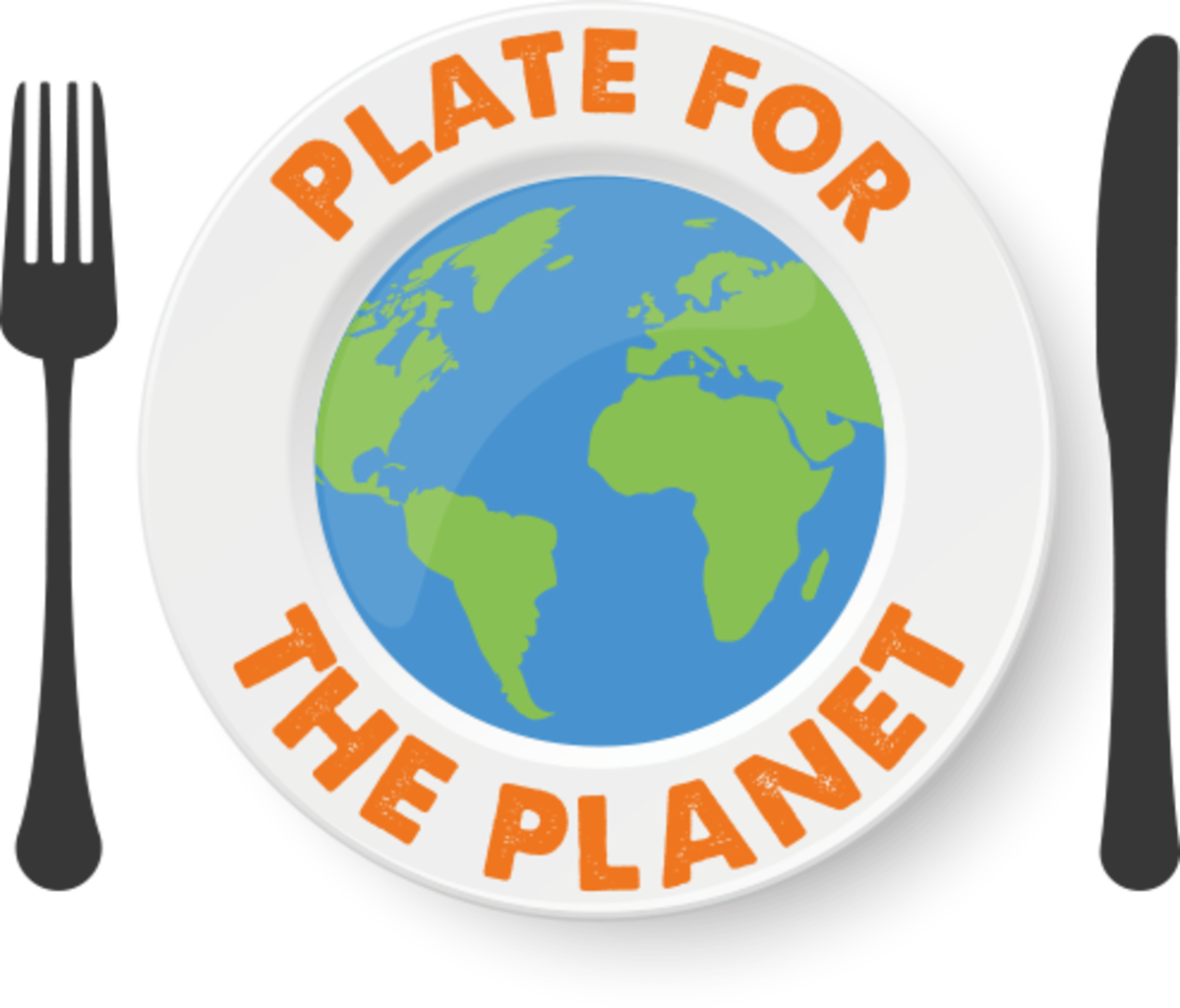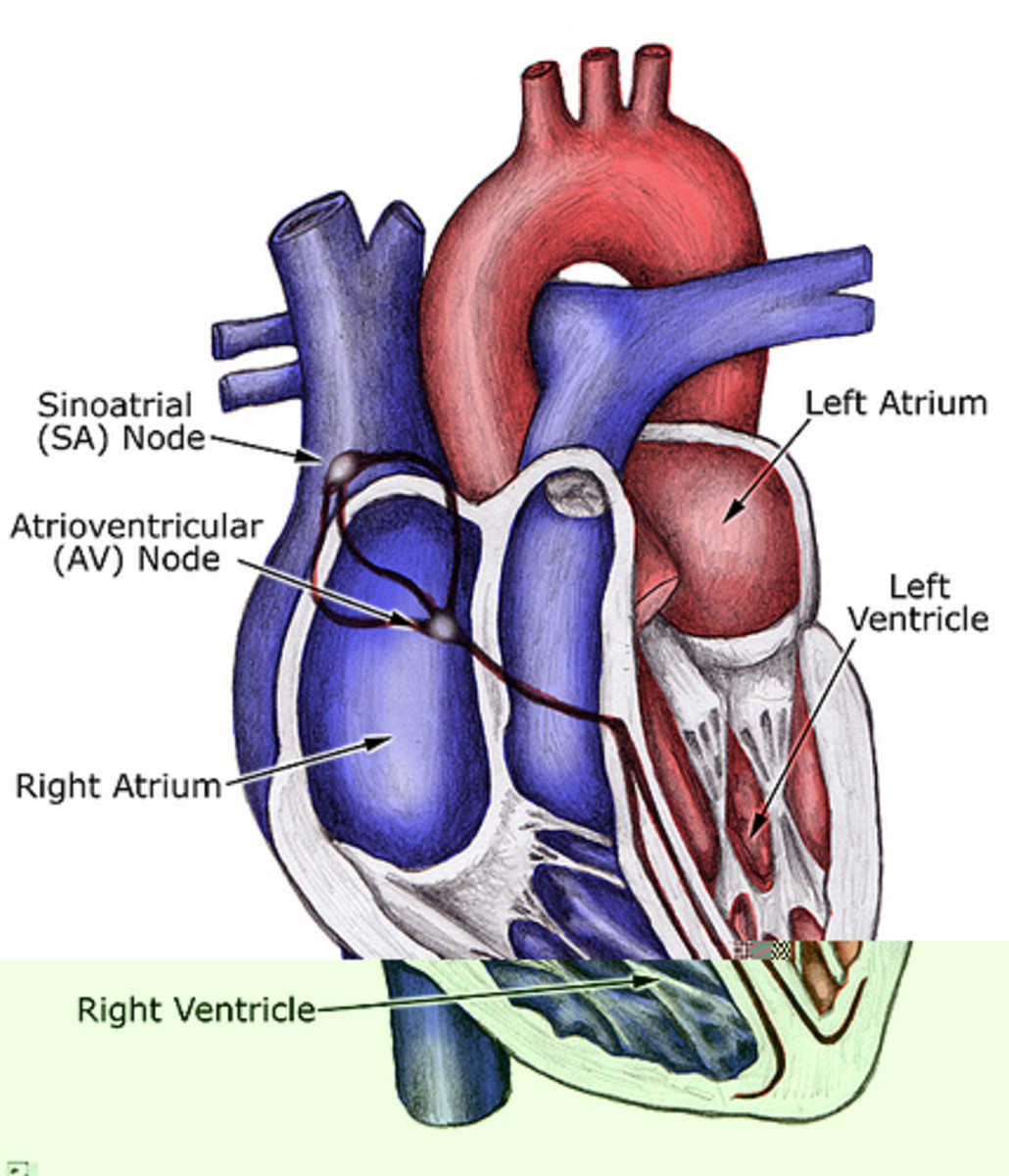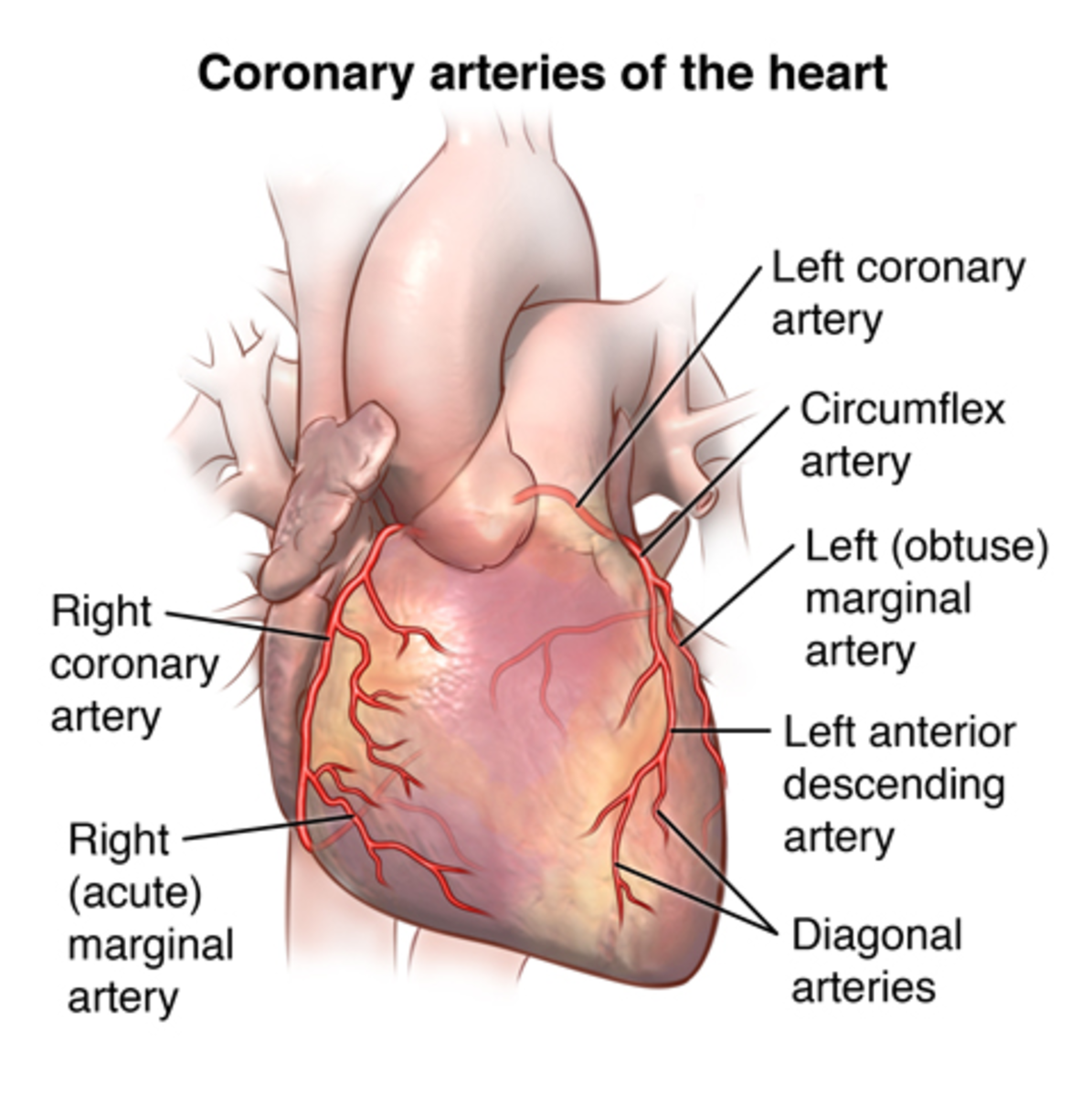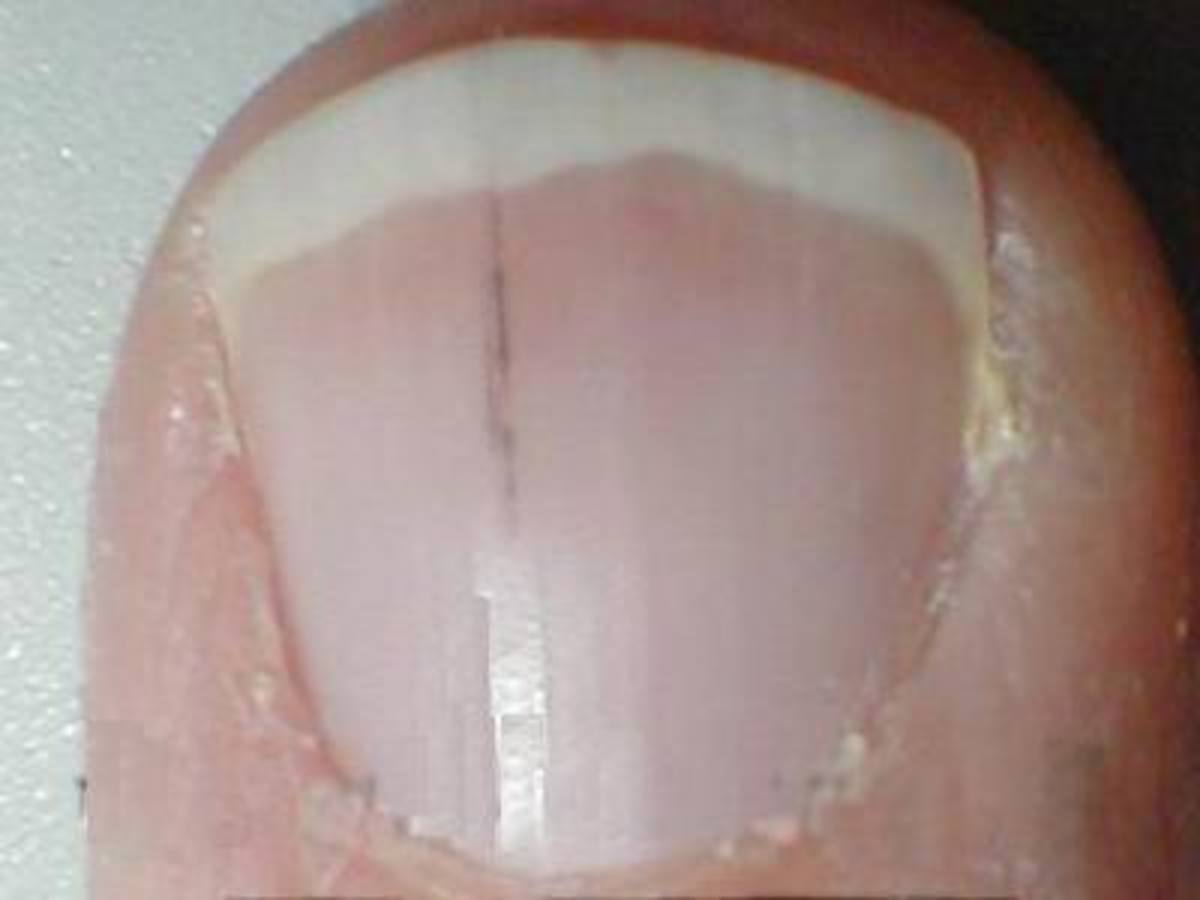Heart Disease, Imagine A World Without It

What Is Heart Disease
The Scripps Research Institute, defines the term “heart disease” as a range of diseases affecting the heart and blood vessels, including coronary heart disease, heart rhythm problems which are called arrhythmias, and heart defects.
You may not be aware you have any type of heart disease until something happens, such as blockages in the arteries. I was diagnosed with an enlarged heart and only found out when a cather was done to show possible blockages.
One of the most common causes of heart disease is when you have blockages, in my case peripheral artery disease. These blockages affect the heart's blood supply. Two stents were placed in each groin area but bad news followed. The stents became clogged, an artery by-pass was done to get blood flow back to my legs. Amputation would have been the next step if I hadn't noticed that my leg was getting cold from the feet up.
When there is damage to the heart's muscle, the heart enlarges. It can still pump blood but the ability to pump continues to decline. The heart enlarges because the ventricles stretch and become thin, so the heart becomes enlarged.
The Scripps Research Institute does heart disease research. It is a nonprofit biomedical research institute, therefore, no patients are seen but the research that is done in this laboratory is a study on how the human body operates overall.
The National Institute of General Medical Services of the National Institute of Health awarded a grant in the sum of $1.8 million to use in the development of drugs to treat heart disease and other neurodegenerative disorders.
The purpose of this grant is to fund a 3 year project which is expected to gain much progress in the area of heart disease research. William R. Rousharcher, researcher and professor of the Scripps Research Institute will oversee the project in it's entirety.
The Scripps Research Institute, founded in 1993 by Ellen Browing Scripps. There are currently two facility locations. Headquartered in San Diego, California and Jupiter, Florida.
Sources: Scripps Research Institute: https://www.scripps.edu South Florida business Journal, Reporter: Debora Lima https://www.en.wikipedia.org
The Scripps Research Institute
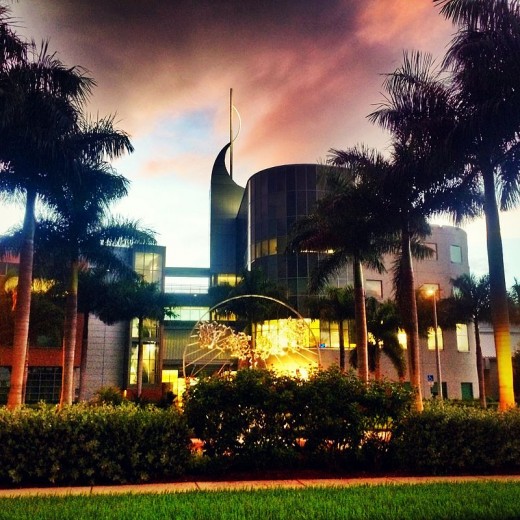
Heart Disease - Enlarged Heart
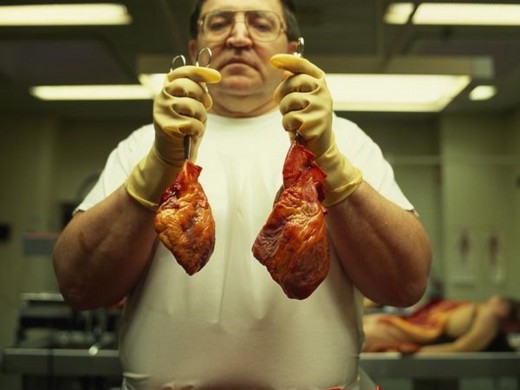
“Buy books. Unlike high calorie food, they don't give heart attacks.”
— Tanushree PodderReverse Heart Disease
Completed Clinical Trial
The Samsung Medical Center has completed a study on heart disease after surgery. Two hundred twenty patients up to seventeen years old participated. The study began June of 2014 and was completed on February 2016.
The study involved patients who had surgery for congenital heart disease in 2012 at the Samsung Medical Center. The primary time frame was to study the patients during the first seven days after surgery. The second outcome measures was to watch the patient closely after the first 48 hours of surgery.
The purpose of this study involved acute kidney injury because it is a major compliccation after heart surgery. The rate of this type injury can be as high as 42% which increases the patients time in intensive care and the overall hospital stay.
The official title of the study was: Incidence, Risk Factor and Risk Model of Acute Kidney Injury
Samsung Medical Center, Assistant Professor: Won Ho Kim, MD
Seoul, Republic of Korea
Source: https://clinicaltrials.gov/ct2/show/NCT02081235?term=NCT02081235&rank=1
Is A Heart Attack Different From A Cardiac Arrest
A Common Heart Disease
Lets talk about Cardiomegaly because that was my diagnosis. It is commonly known as an enlarged heart and It affects the cardiovascular system. Usually caused by hypertension which I do have or coronary artery disease, which I have too!.
Signs and symptoms include chest pain,unexplained weight gain, swelling in the legs, fainting and heart palpitations. Palpitations occur when the heart beats irregular, you can feel it. When you're physically active and become fatigue quickly is a sign that you do not need to ignore. When any of these symptoms occur, it is time to see a doctor, immediately.
Your tests may include a chest x-ray for the doctor to see the condition of the heart and lungs. An Electrocardiogram test can determine if there is any damage to the heart, check the heart's rhythm and can tell if a heart attack has occurred.
The Echocardiogram test can evaluate all four chambers of the heart at one time. A stress test is give to see how well the heart functions during activity.
A CT Scan (cardiac computerized tomography) or MRI (magnetic resonance imaging) can collect images of the heart and chest.
Blood tests can check the levels of certain substances in the blood that show a heart problem.
Cardiac catherization and biopsy test inserts a thin tube (catheter) into the groin and threaded through the blood vessels to the heart, a small sample (biopsy) of the heart cab be extracted for laboratory analysis.
Keep Your Heart and Arteries Healthy

Top Choice Heart Healthy Foods
- Salmon is rich in omega-3 fatty acids, keeps the blood flowing and helps to lower your triglycerides (a type of fat that can lead to heart disease).
- Oatmeal has fiber that lowers your LDL cholesterol.
- Any berries, fruits and vegetables are excellent choices because of their nutrients and fiber.
- Walnuts and other nuts such as, almonds, cashews, pistachios, flaxseed, and chia seeds lowers the bad cholesterol and raises the good cholesterol.
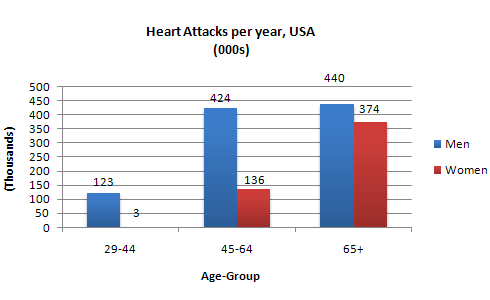
When In Doubt
If you see someone who looks like they maybe having a heart attack, call 911
If you think you are having a heart attack, call 911
If it looks like a heart attack, feels like a heart attack, call 911
— Bodylevive





